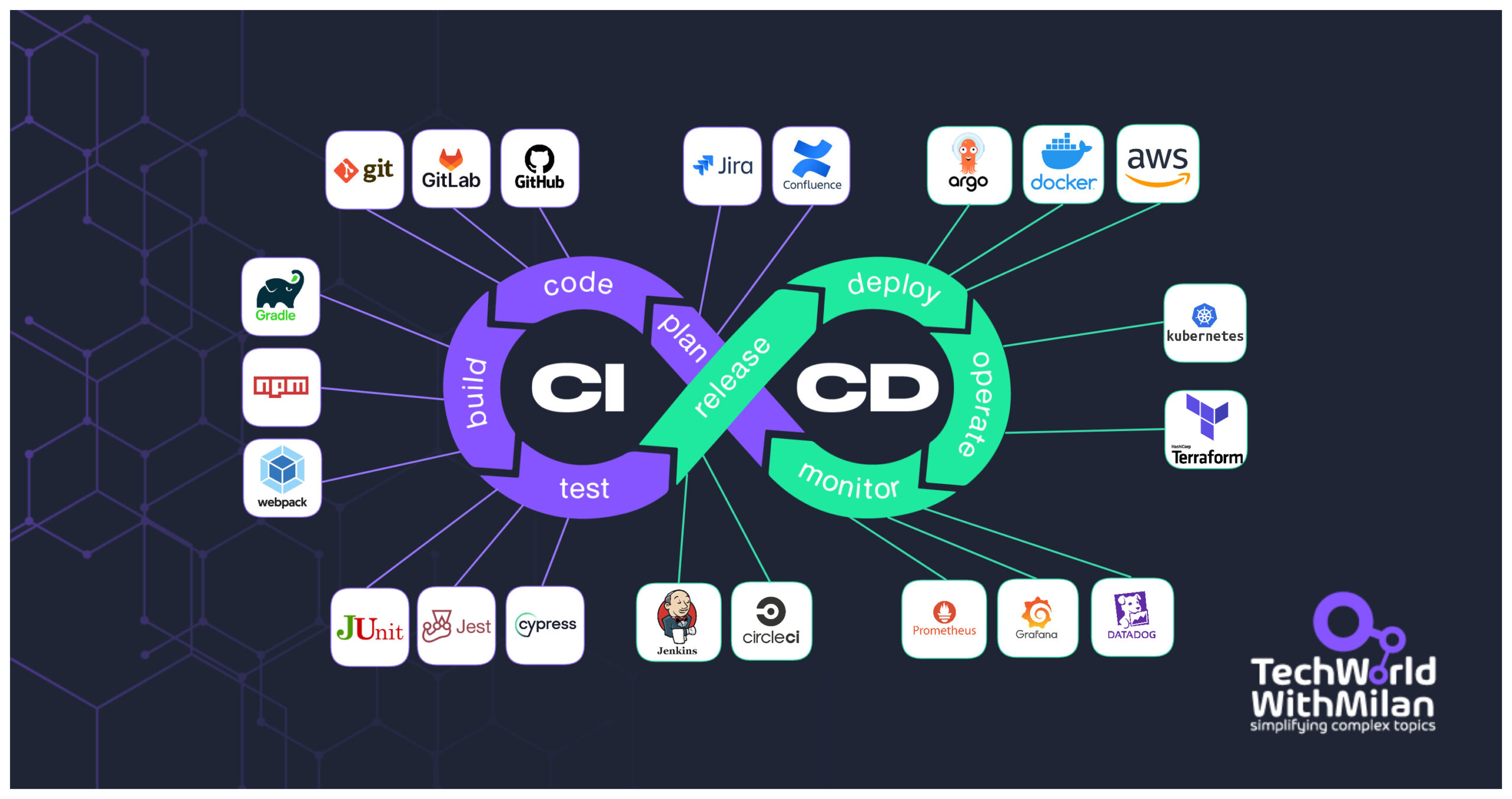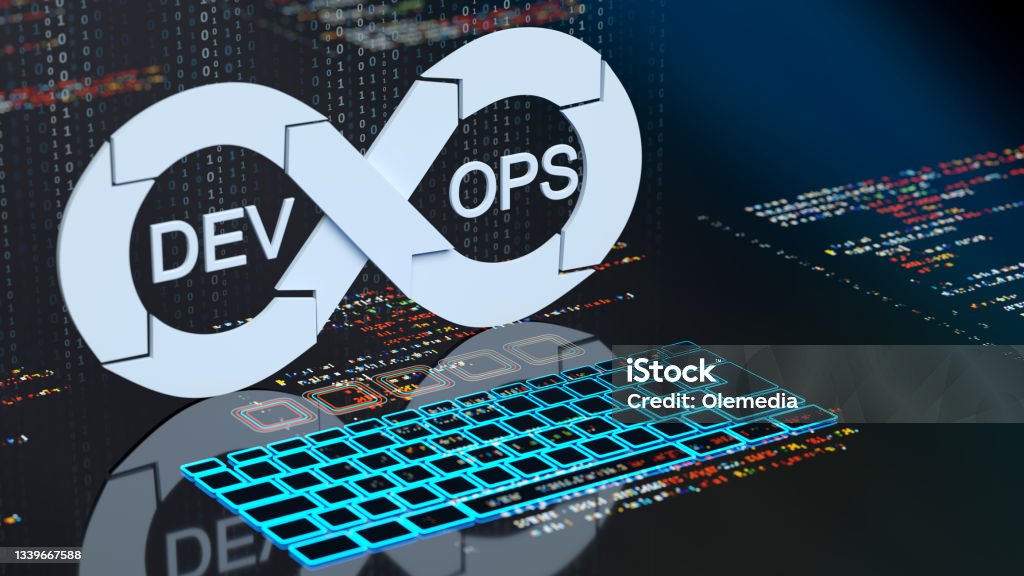Embarking on a career as a DevOps Engineer can be both exciting and challenging. DevOps is a dynamic field that combines software development (Dev) with IT operations (Ops) to create a more efficient, automated, and collaborative workflow. Whether you’re just starting out or looking to pivot into DevOps, having a clear roadmap can help you navigate this multifaceted career path. Here’s a comprehensive guide to get you on your way.
1. Master the Basics
A. Learn Programming Fundamentals
To excel in DevOps, start with a solid foundation in programming. Languages like Python, Bash, or JavaScript are highly relevant.
- Python: Great for scripting and automation tasks.
- Bash: Essential for writing shell scripts and managing Unix-based systems.
- JavaScript: Useful for understanding frontend interactions with backend services.
B. Get Acquainted with Version Control
Version control is crucial for managing changes in codebases.
- Tools: Learn Git and platforms like GitHub, GitLab, or Bitbucket.
- Skills: Understand branching, merging, pull requests, and resolving conflicts.
C. Understand the Software Development Lifecycle (SDLC)
Familiarize yourself with the phases of SDLC to appreciate the full scope of DevOps practices.
- Phases: Requirements gathering, design, development, testing, deployment, and maintenance.
2. Embrace Core DevOps Practices
A. Continuous Integration and Continuous Deployment (CI/CD)
CI/CD pipelines automate the process of integrating code changes and deploying them to production.
- Tools: Explore Jenkins, Travis CI, CircleCI, or GitLab CI/CD.
- Concepts: Learn about pipeline creation, automated builds, and running tests.
B. Infrastructure as Code (IaC)
IaC manages and provisions infrastructure through code rather than manual processes.
- Tools: Get hands-on with Terraform, AWS CloudFormation, or Ansible.
- Concepts: Understand provisioning, configuration management, and infrastructure versioning.
C. Containerization and Orchestration
Containers package applications and their dependencies, while orchestration tools manage these containers.
- Tools: Learn Docker for creating and managing containers, and Kubernetes for orchestrating containerized applications.
- Concepts: Understand container creation, image management, and deploying containers using Kubernetes.
D. Configuration Management
Manage and automate the configuration of systems using configuration management tools.
- Tools: Explore Ansible, Chef, or Puppet.
- Concepts: Learn to automate system configurations and manage large-scale deployments.
E. Monitoring and Logging
Monitoring and logging are essential for maintaining system health and diagnosing issues.
- Tools: Get familiar with Prometheus, Grafana, ELK Stack (Elasticsearch, Logstash, Kibana), or Datadog.
- Concepts: Understand system performance monitoring, log aggregation, and setting up alerts and dashboards.
3. Dive into Cloud Platforms
A. Get Proficient with Cloud Providers
Cloud platforms offer a range of services that are integral to modern DevOps practices.
- Providers: Learn about AWS, Azure, or Google Cloud Platform (GCP).
- Services: Understand compute, storage, networking, and managed databases.
B. Explore Cloud-Specific DevOps Tools
Cloud providers offer specialized tools for managing and deploying applications.
- Tools: Familiarize yourself with AWS CloudWatch, Azure DevOps, or Google Cloud Build.
- Concepts: Learn how to manage cloud resources, deploy applications, and handle cost management.
4. Focus on Security and Compliance
A. Learn Basic Security Practices
Security is critical in DevOps, and understanding basic practices helps protect your systems.
- Concepts: Network security, encryption, access control, and secure coding practices.
B. Understand Compliance and Governance
Familiarize yourself with industry standards and compliance requirements.
- Standards: GDPR, HIPAA, PCI-DSS.
5. Develop Essential Soft Skills
A. Improve Communication Skills
Effective communication is key in a collaborative DevOps environment.
- Skills: Work on documentation, teamwork, and clear communication with stakeholders.
B. Embrace a Culture of Continuous Improvement
DevOps encourages a mindset of ongoing learning and adaptation.
- Concepts: Agile methodologies, iterative development, and feedback loops.
C. Strengthen Problem-Solving Skills
Being able to diagnose and solve problems quickly is vital in DevOps.
- Skills: Develop troubleshooting techniques and problem-solving strategies.
6. Gain Hands-On Experience
A. Build Personal Projects
Apply what you’ve learned by working on personal projects that involve CI/CD, containerization, and cloud deployment.
B. Contribute to Open Source
Engaging in open-source projects helps you gain practical experience and collaborate with other developers.
C. Seek Internships or Entry-Level Positions
Real-world experience is invaluable. Look for internships or junior DevOps roles to apply your skills in a professional setting.
7. Explore Advanced Topics and Specializations
A. Study Advanced CI/CD Practices
Learn about advanced deployment strategies like blue-green deployments, canary releases, and feature toggles.
B. Deepen Cloud Knowledge
Dive into cloud-native services, serverless computing, and advanced networking concepts.
C. Explore Site Reliability Engineering (SRE)
SRE focuses on maintaining the reliability of large-scale systems and can be a valuable specialization within DevOps.
D. Obtain Relevant Certifications
Certifications validate your skills and knowledge.
- Certifications: Consider AWS Certified DevOps Engineer, Google Professional DevOps Engineer, or Azure DevOps Engineer Expert.
8. Stay Updated and Engaged
A. Follow Industry Trends
Stay current with the latest developments in DevOps by reading blogs, attending webinars, and following industry experts.
B. Engage with the DevOps Community
Participate in meetups, forums, and conferences to network and share knowledge with peers.
Conclusion
Becoming a DevOps Engineer requires a blend of technical skills, practical experience, and continuous learning. By following this roadmap, you can systematically build the expertise needed to thrive in this evolving field. Remember, DevOps is as much about culture and collaboration as it is about tools and technologies. Embrace the journey, stay curious, and adapt to the ever-changing landscape of DevOps.


